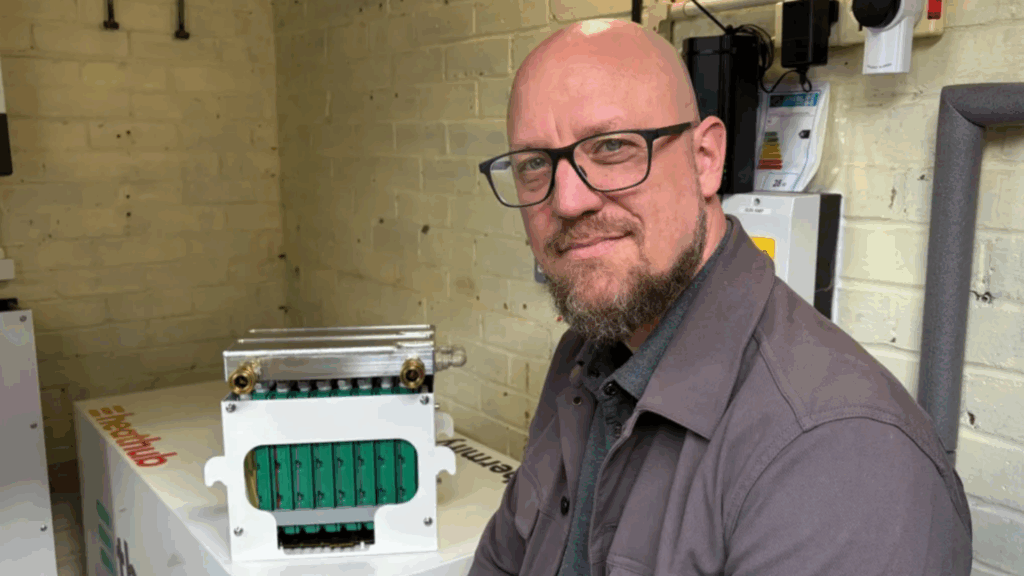- An Essex couple was able to reduce their monthly energy bills from £375 to just £40
- HeatHub uses more than 500 Raspberry Pi computers to provide home heating
- The system channels computer generated heat directly to the domestic hot water supply.
A couple from Essex, UK, has taken part in a new trial that replaces their traditional gas boiler with a small data center installed in their garden shed.
A BBC report described how the data center contains more than 500 Raspberry Pi computers that generate heat while processing digital workloads.
The heat produced during these tasks is redirected into your two-bedroom home to supply heating and hot water, significantly reducing your monthly energy bills from £375 a month to just £40.
Connecting HeatHub with national initiatives
The system, known as HeatHub, is part of UK Power Networks’ SHIELD project, which is exploring different heating options for cost-sensitive residents.
Project representatives have stated that the plan could reach more homes if early results remain consistent.
A housing organization involved in the plan indicated that fifty homes may be selected for future installations if performance and cost results align with expectations.
Interest in this type of heat recovery arises following the increasing demand for electricity in large-scale computing installations.
Some trials in the UK also explored heated swimming facilities and proposed solar-powered heating and data networks to test similar concepts.
Cooling processes remain an important area of focus because data infrastructure operators have reported that a large portion of power consumption can be used to maintain safe hardware temperatures.
Some companies have opted for natural or low-energy cooling methods, including sites powered by solar panels and those that use bodies of water as heat sinks.
One example is heat exchangers placed in an artificial pond to extract heat from server racks, creating a closed-loop system without chemical coolants.
Other projects have tested underwater data centers, while scientists are already exploring ocean cooling systems to improve efficiency.
The HeatHub test is based on a distributed computing model in which several small modules can be combined to create a larger remote processing network.
Some enthusiasts have linked the HeatHub trial to conversations about green hosting and possible future changes to the way localized data processing interacts with home energy systems.
However, the long-term suitability of this approach has not been fully established.
This is because wider use, system durability and seasonal consistency have not been demonstrated beyond the pilot phase.
It is not yet known how households might compare this method with common installations or new alternatives, such as portable power stations that reduce reliance on traditional heating.
Final adoption may depend on the cost, maintenance, reliability, and performance of the model when expanded beyond controlled environments.
Follow TechRadar on Google News and add us as a preferred source to receive news, reviews and opinions from our experts in your feeds. Be sure to click the Follow button!
And of course you can also follow TechRadar on TikTok for news, reviews, unboxings in video form and receive regular updates from us on WhatsApp also.




